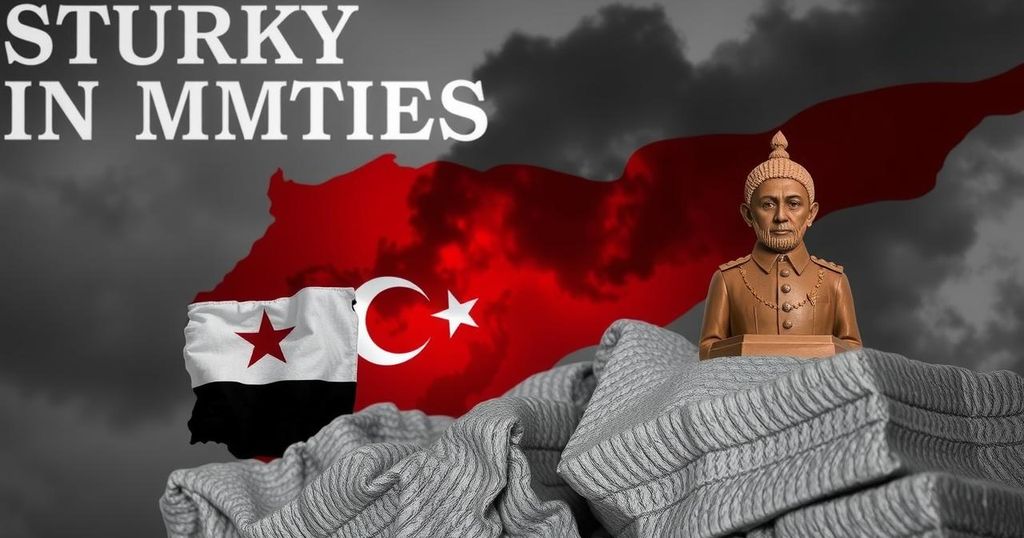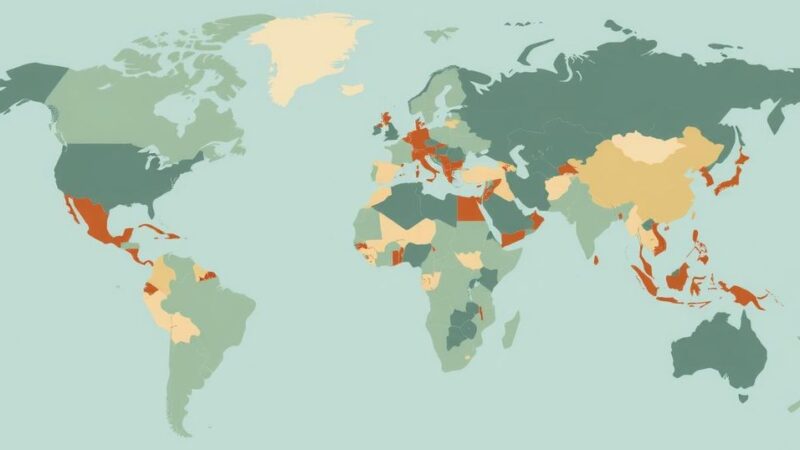Turkey’s claims of victory in Syria following Assad’s fall are premature and misleading. While Turkey maintains control through alliances with militias, challenges present themselves as HTS expands its engagement with other nations, and Kurdish nationalism remains a significant threat. Declaring victory overlooks the nuanced and shifting realities in Syria’s political landscape.
The assertion that Turkey has emerged victorious in Syria following the fall of Bashar al-Assad is overstated. Analysts and supporters of the Turkish government have proclaimed a triumph in this context. While Turkey maintains a strategic position due to its connections with Hayat Tahrir al-Sham (HTS) and the Syrian National Army, and while Turkish expertise may assist in reconstruction efforts, the true measure of success is more complex.
Turkey’s ambition to become a primary powerbroker in Damascus faces significant challenges. The decline of the Assad regime does not automatically translate into Turkish dominance. The initial intention for Turkey in Aleppo was not solely to overthrow Assad but to induce a dialogue for normalization. The collapse of the Syrian military, however, shifted the Turkish narrative. Moreover, HTS, though previously reliant on Turkish support, has expanded its options, now engaging with representatives from various nations, including the United States and several European countries.
This shift highlights a decline in Turkey’s perceived influence within Syria. Turkish assertions of a cultural connection with Arab nations are largely unfounded and stem more from a historical misinterpretation than from genuine affinity. Furthermore, the resurgence of Kurdish nationalism, particularly through the YPG, poses another obstacle to Turkish ambitions. The YPG’s historical resistance, which the Turkish military has struggled to contain for decades, complicates Ankara’s plans.
As we view the ongoing power dynamics in Syria, the premature claims of Turkish victory may lead to miscalculations, as they ignore the complexities of regional politics. The real scenario involves multiple actors vying for influence in Damascus, where Turkey, despite its resources, faces distinctive liabilities. The ongoing turbulence in Syria, characterized by evolving alliances and emerging local powers, suggests vigilance in assessing Turkey’s operational strengths and weaknesses.
The article analyzes Turkey’s positioning following the recent shifts in the Syrian power landscape, specifically after the decline of Bashar al-Assad’s regime. The claims that Turkey has emerged victorious in Syria are examined in the context of regional dynamics, alliances, and the balance of power among various factions, including Kurdish groups. It raises critical questions about the implications of Turkey’s strategic decisions and the larger geopolitical context, particularly the roles played by HTS and the Syrian National Army.
In conclusion, while Turkey finds itself in a favorable position with its partnerships and possible access to reconstruction opportunities in Syria, the overarching narrative of having won the conflict is misleading. The shift in power dynamics, particularly the emergence of competing alliances and the resilience of Kurdish forces, undermines the claims of unequivocal success. As Turkey navigates these complex circumstances, it must adjust its expectations and strategies accordingly.
Original Source: foreignpolicy.com






